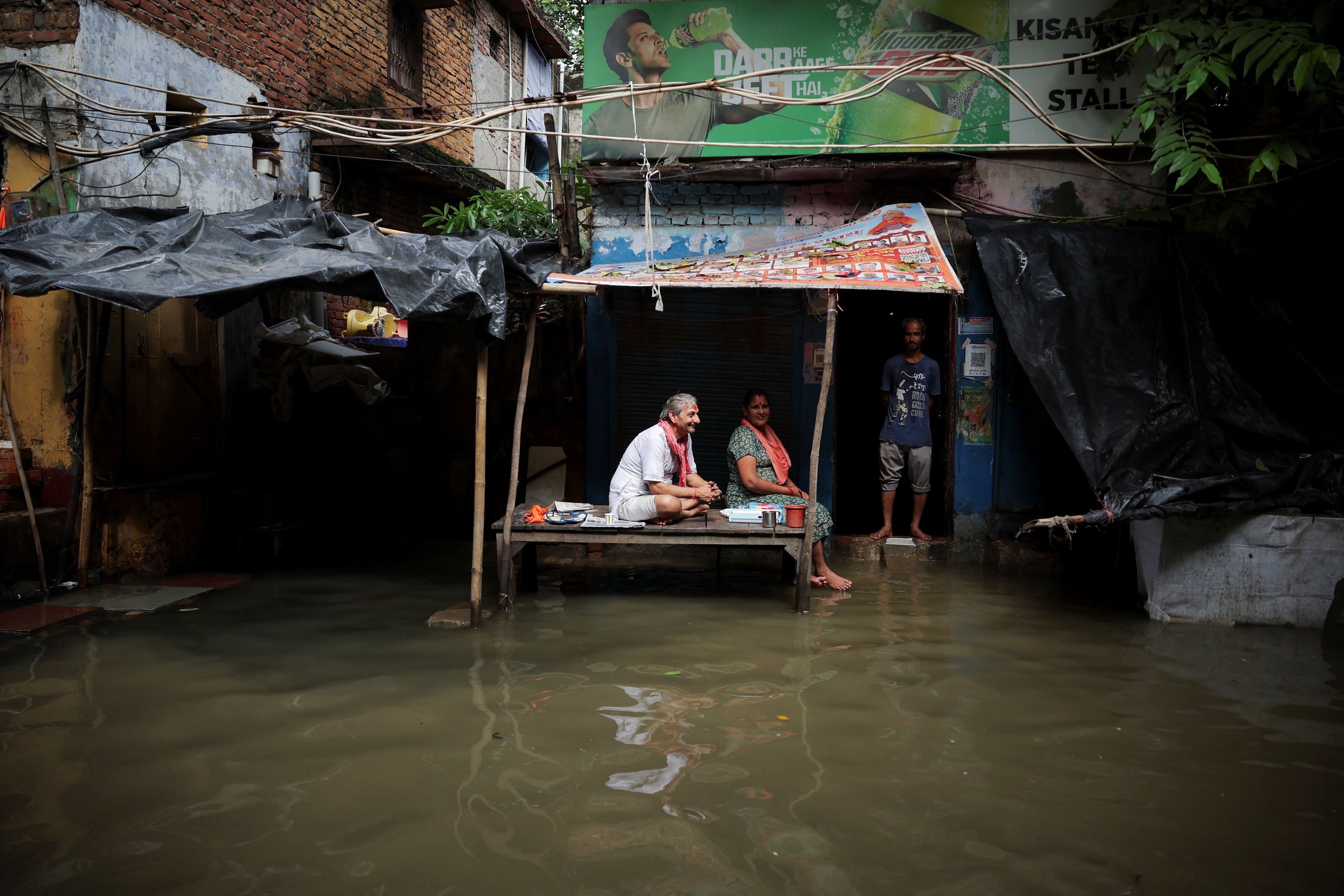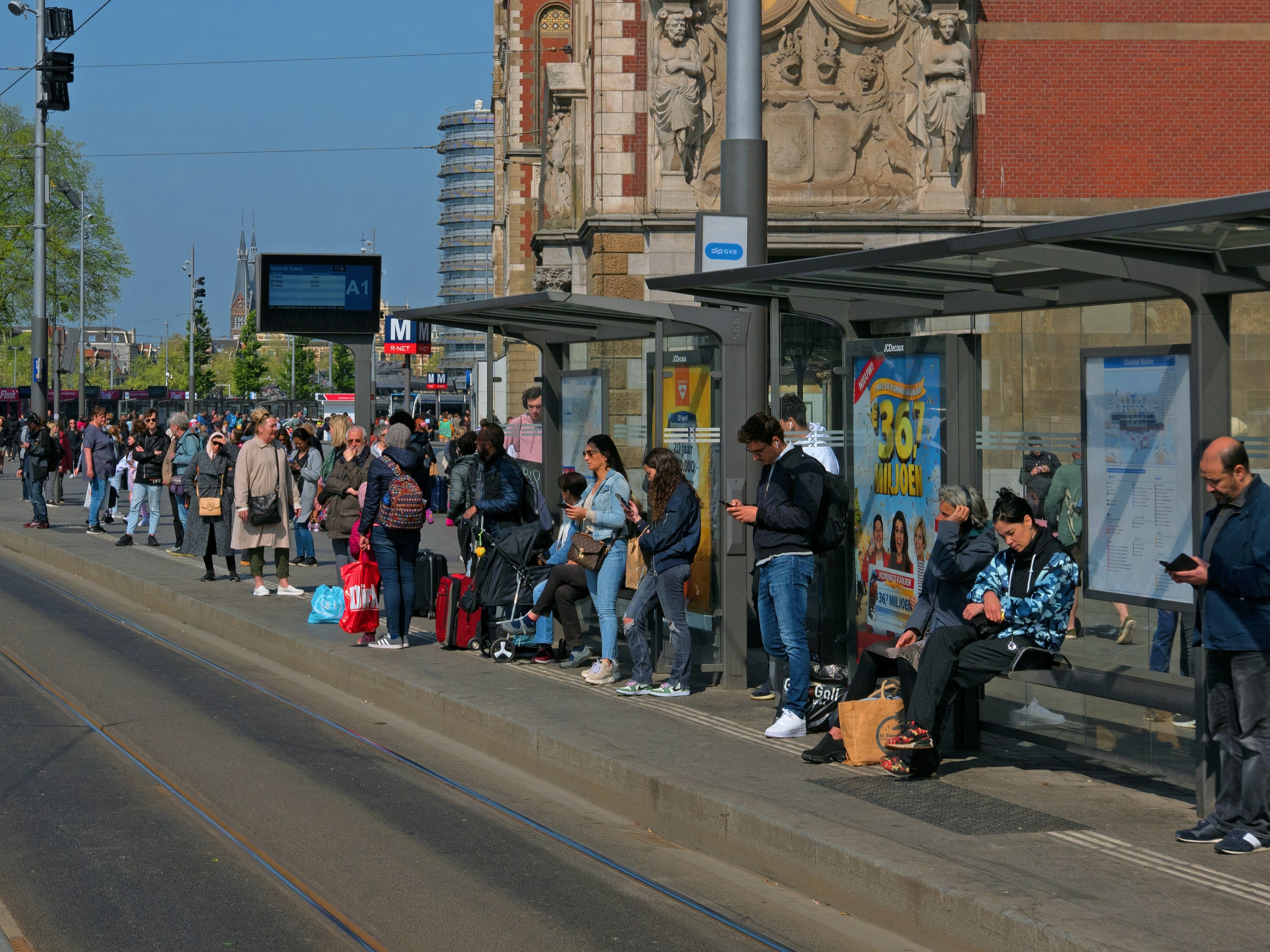How to protect the 2020 Olympics from cyberattackers

More than ever, planners of major events must consider the cybersecurity threat landscape Image: REUTERS/Marcos Brindicci
This article is part of the World Economic Forum's Geostrategy platform
The Olympic Games are a target-rich environment for cyberattackers, drawing athletes, attendees, and media coverage from around the world.
Japan's vision to become the most advanced urban technology metropolis in the world underpinned its bid to host the 2020 Olympics, but an increasing dependence on technology with each successive Olympic Games signals a shift toward an unpredictable, complex, and contested cyber threat environment.
More than ever, security planners must consider the cybersecurity threat landscape if they are to effectively mitigate threats, apportion limited resources, and host a resilient, safe, and secure Olympic Games.
To support the security goals of Tokyo 2020, the RAND report Olympic-Caliber Cybersecurity. Lessons for Safeguarding the 2020 Games and Other Major Events, characterizes the cybersecurity threats that are likely to pose a risk to the games and presents a series of policy options to guide planners and other stakeholders in addressing them.
The analysis involved a risk assessment synthesizing qualitative and quantitative data on the threat landscape and lessons from prior Olympic Games.
A key contribution of this research is a visualization of this threat actor typology that provides an at-a-glance overview to guide Olympic security planners, computer emergency response teams, and policy- and decisionmakers as they prioritize and address cybersecurity threats in the lead-up to Tokyo 2020.

Key Findings
Cyber threats are a growing concern for Olympic planners, and past games hold valuable lessons for Tokyo 2020
The increasing dependence on technology and a proliferation of adversary tools to exploit vulnerabilities in systems and networks make the Olympic Games a target-rich environment for cyberattackers.
The consequences of a cyberattack on the Olympic Games include financial losses, physical harm to participants and attendees, property damage, the compromise of personal information, and damage to the host country's reputation.
There have been no successful large-scale, high-impact attacks on prior Olympic Games; experiences from these and other international events offer potential lessons for Tokyo 2020 planners.
A key characteristic of past Olympic cybersecurity planning efforts has been coordination and collaboration among a range of stakeholders, including the private sector.
Six types of threat
The typology of threat actors revealed six types of actors with the potential to pose a risk to the Tokyo 2020 games: cyber criminals, insider threats, foreign intelligence services, hacktivists, cyberterrorists, and ticket scalpers.
Motivations vary with the type of actor, but a streamlined classification of profit, ideology, and revenge captures the motivations for most attacks.
Foreign intelligence services and other state-sponsored attackers rank at the top in terms of sophistication and level of risk to the games.
The risk analysis methods and threat actor typology developed for Tokyo 2020 offer a valuable basis for future research to support the cybersecurity goals of other high-profile international events.
Recommendations
- Plan early to ensure ample time to assess event-specific threats, shape a community of stakeholders and build trust among them, and establish mechanisms and processes for information sharing, incident reporting, and problem resolution.
- Cooperate and share information with all cybersecurity stakeholders, including the private sector, to effectively mitigate cybersecurity risks.
- Ensure that all stakeholders understand the mission and work toward a common goal, bolstering trust and a commitment to information sharing.
- Define stakeholder roles and responsibilities, and revisit them throughout the planning process, to help stakeholders understand how best to contribute and whom to contact when changes or incidents arise.
- Allocate resources appropriately to reduce cybersecurity risks, prioritizing threat types and threat actors as needed to apportion these investments.
- Deter the riskiest adversaries with a targeted cyber defence campaign. For example, a publicly documented cybersecurity exercise to showcase defensive preparations might deter attacks altogether or convince attackers that the costs of executing an attack are too high, the chances of success are too low, and the prospective retaliatory costs are unbearable.
- ive preparations might deter attacks altogether or convince attackers that the costs of executing an attack are too high, the chances of success are too low, and the prospective retaliatory costs are unbearable.
Olympic-Caliber Cybersecurity. Lessons for Safeguarding the 2020 Games and Other Major Events, Cynthia Dion-Schwarz, Nathan Ryan, Julia A. Thompson, Erik Silfversten, Giacomo Persi Paoli, the RAND Corporation
Don't miss any update on this topic
Create a free account and access your personalized content collection with our latest publications and analyses.
License and Republishing
World Economic Forum articles may be republished in accordance with the Creative Commons Attribution-NonCommercial-NoDerivatives 4.0 International Public License, and in accordance with our Terms of Use.
The views expressed in this article are those of the author alone and not the World Economic Forum.
Stay up to date:
Drivers of War
Related topics:
Forum Stories newsletter
Bringing you weekly curated insights and analysis on the global issues that matter.
More on Resilience, Peace and SecuritySee all
Shoko Noda and Kamal Kishore
October 9, 2025







